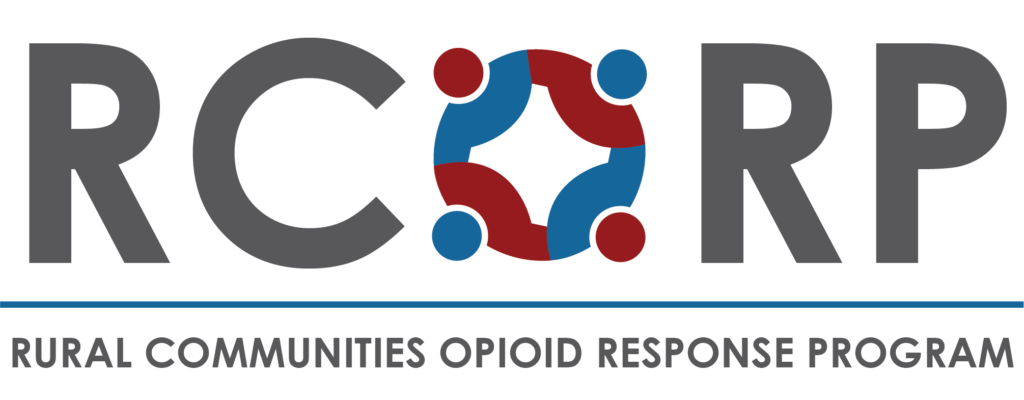Bridging the Gap: Telemedicine as a Path to Primary Care Pharmacotherapy for Opioid Use Disorder
In this webinar, Dr. Holly Russell and Michele Lawrence of UR Medicine Recovery Center of Excellence discuss telemedicine MOUD as a bridging strategy. They go through key questions involved in implementing a program, including how to plan and implement the use of a telemedicine “bridge,” and how to reach key populations with such a program. The bridge approach provides the community time to heal and develop trust, and also ensures physicians time to become trained in MOUD and build the necessary care management infrastructure into their practice for OUD treatment. Finally, the bridge connects patients with local access to the medication that is critical to their recovery and survival,
Cognitive-Behavioral Therapy for Treatment Seeking

This article and toolkit describes CBT for Treatment Seeking (CBT-TS). The program seeks to overcome barriers to engagement (i.e., treatment initiation and retention) including lack of information or negative beliefs about treatment. It aims to equip rural providers to help their patients identify negative or stigmatizing beliefs and see treatment from a different perspective. The associated toolkit includes a brochure for providers that summarizes what CBT-TS is, how it can help, evidence supporting its utility, and other ways this program can provide support. A brochure for patients that clinics, centers, and/or programs can share is also available upon request.
Critical Role of Peer Specialists in Recovery

This article summarizes the discussion about the important role of Peer Recovery Specialists during a breakout session at the 2022 Taking Action Summit.
“As jail liaison for Santa Cruz County Justice Court in Arizona, Martin Felix has seen what peer specialists can do. He recalled waking up with tubes in his body after an overdose put him in a coma for three days. He now recognizes that his own extraordinary recovery is what gives him the credibility to reach others and offer them hope. He believes the perspective and insight that come from lived experience are “the special sauce” that enables peer specialists to relate to other people with substance use disorder (SUD) and guide them to recovery.”
A Qualitative Analysis of US State Laws Regulating Incentives for Health Behavior
This presentation describes the results of a qualitative study examining state laws regulating incentives for health behavior. Such laws may have important implications for provision of contingency management for substance use disorder, including in rural areas.
Rural Opioid and Direct Support Services (ROADSS) for Methadone Maintenance Treatment
This article discusses the Rural Opioid and Direct Support Services (ROADSS) program, and provides a toolkit including an implementation packet, staffing plan, sample job descriptions, and an onboarding checklist.
Assessment of Substance Use Disorder Stigma and Strategies for Addressing Stigma in Rural Areas
This presentation shares results from the National Report on Rural Substance Use Disorder Stigma and Treatment Needs — a collaborative nationwide effort conducted by all three Rural Centers of Excellence. Representatives from each RCOE discuss strategies for addressing stigma in rural areas.
Evidence-Based Treatment of PTSD in Individuals with OUD, and Innovative Approaches for Increasing Access to Care in Rural Communities
This presentation discusses effective treatment approaches for posttraumatic stress disorder (PTSD) in individuals with co-occurring opioid use disorder (OUD). It also explores ways to increase access to evidence-based trauma treatment for members of rural communities.
Applying Motivation-Phase Interventions to Treat Tobacco Use Among People with Opioid Use Disorder
This webinar presentation is on the importance of tobacco treatment for people with opioid use disorder. It discusses research on providing treatment for smokers who are not motivated or not ready to quit, and also explores barriers to quitting tobacco among those who live in rural communities.
Recommendations for Culturally Recentering Reinforcement-Based Substance Use Disorder Interventions in Collaboration with Rural Tribal Communities
This webinar presentation covers strategies providers may use to culturally adapt and implement contingency management among rural American Indian and Alaska Native communities, as a treatment approach offering incentives for healthy progress in people with substance use disorder (SUD).
Illicit Drug Supply: Fentanyl and Xylazine
This webinar presentation explores current information about fentanyl and xylazine including drug supply information, pharmacology, clinical effects, medical impacts, harm reduction, and treatment information. Considerations for rural populations are also discussed.

